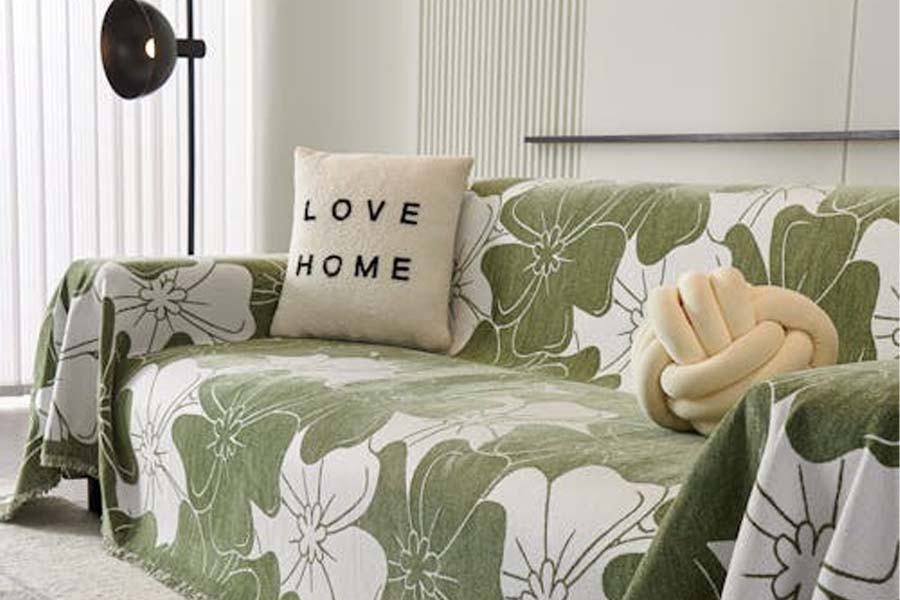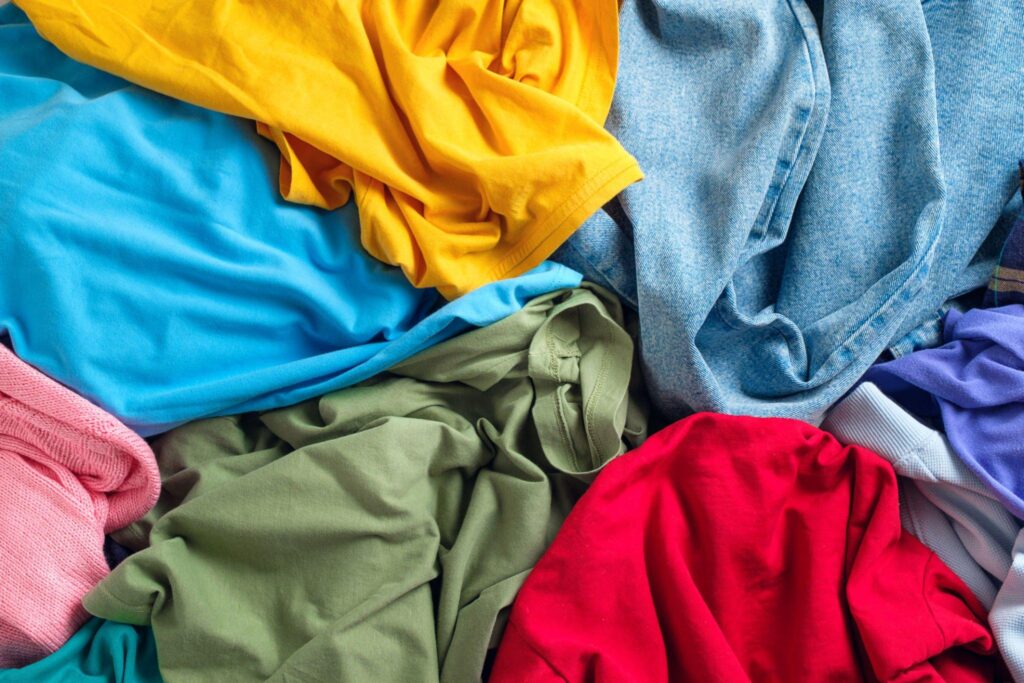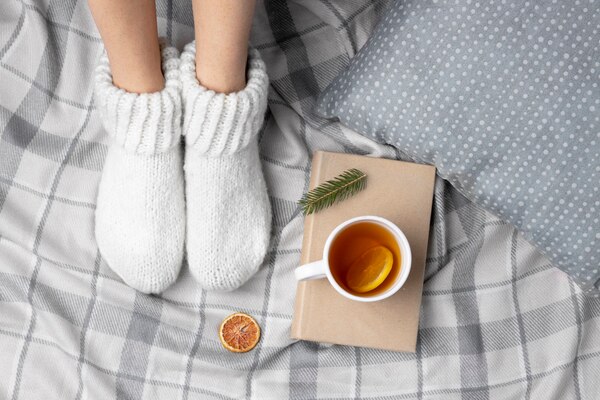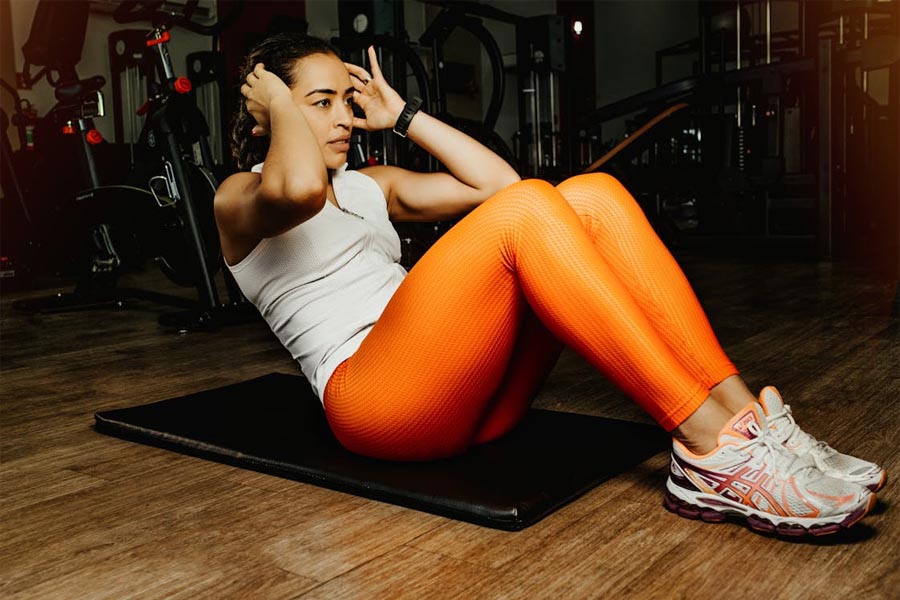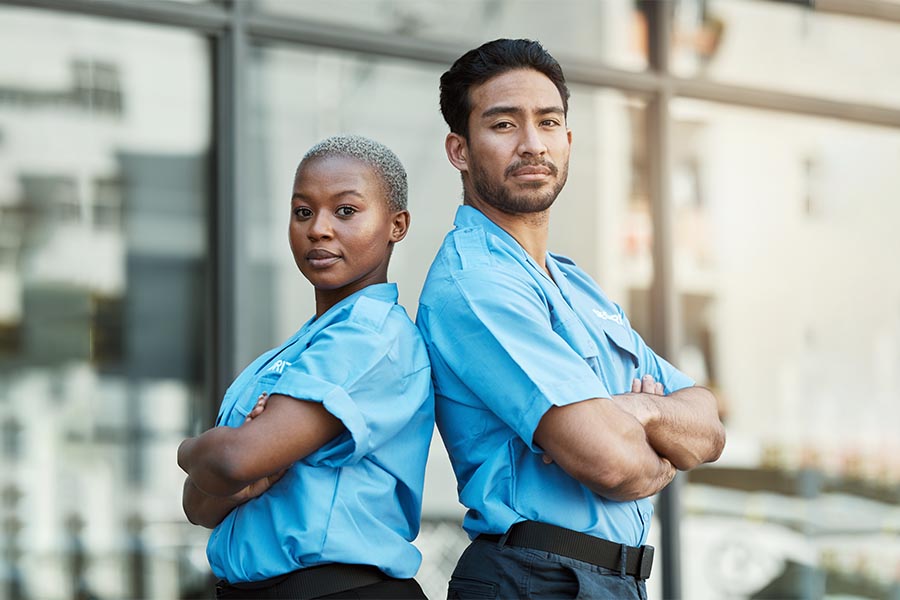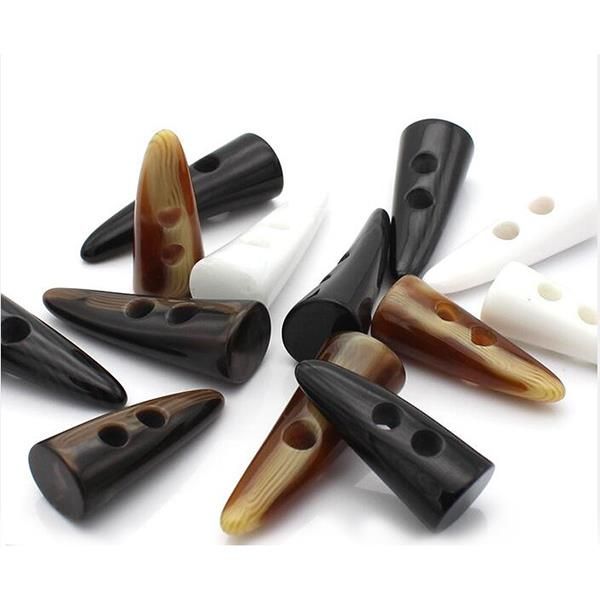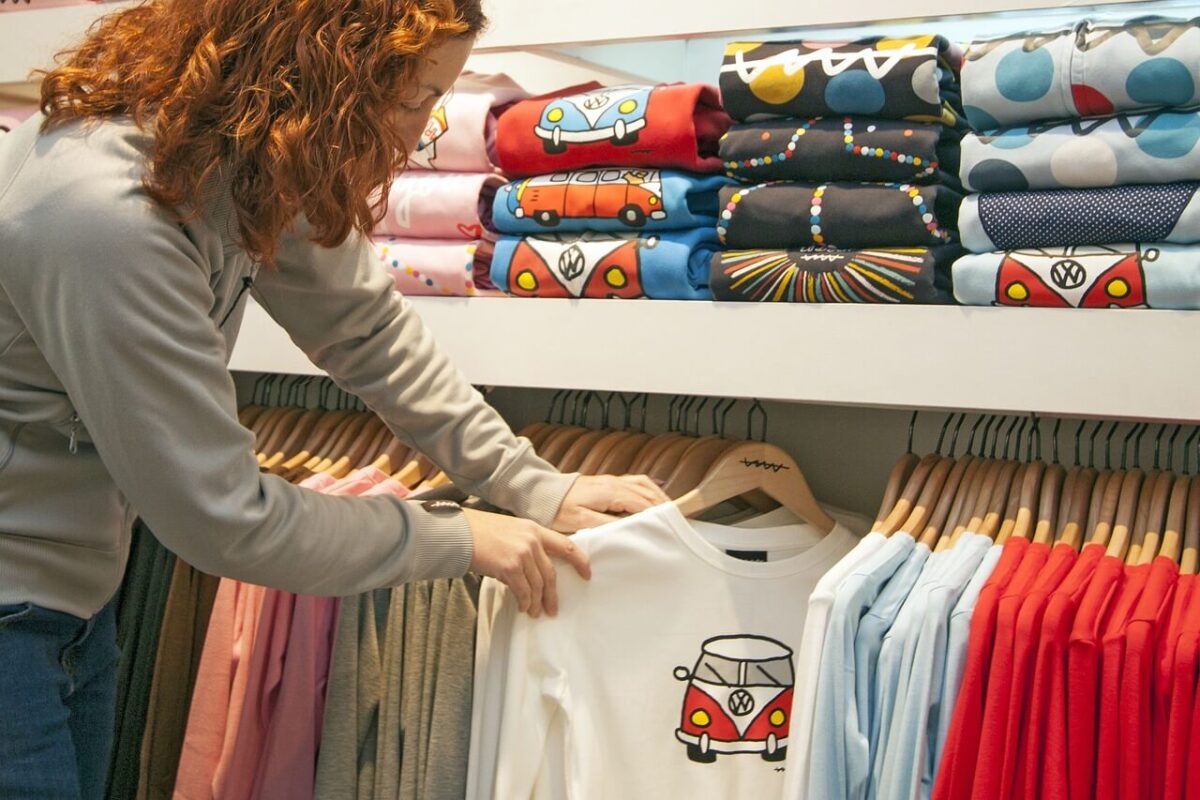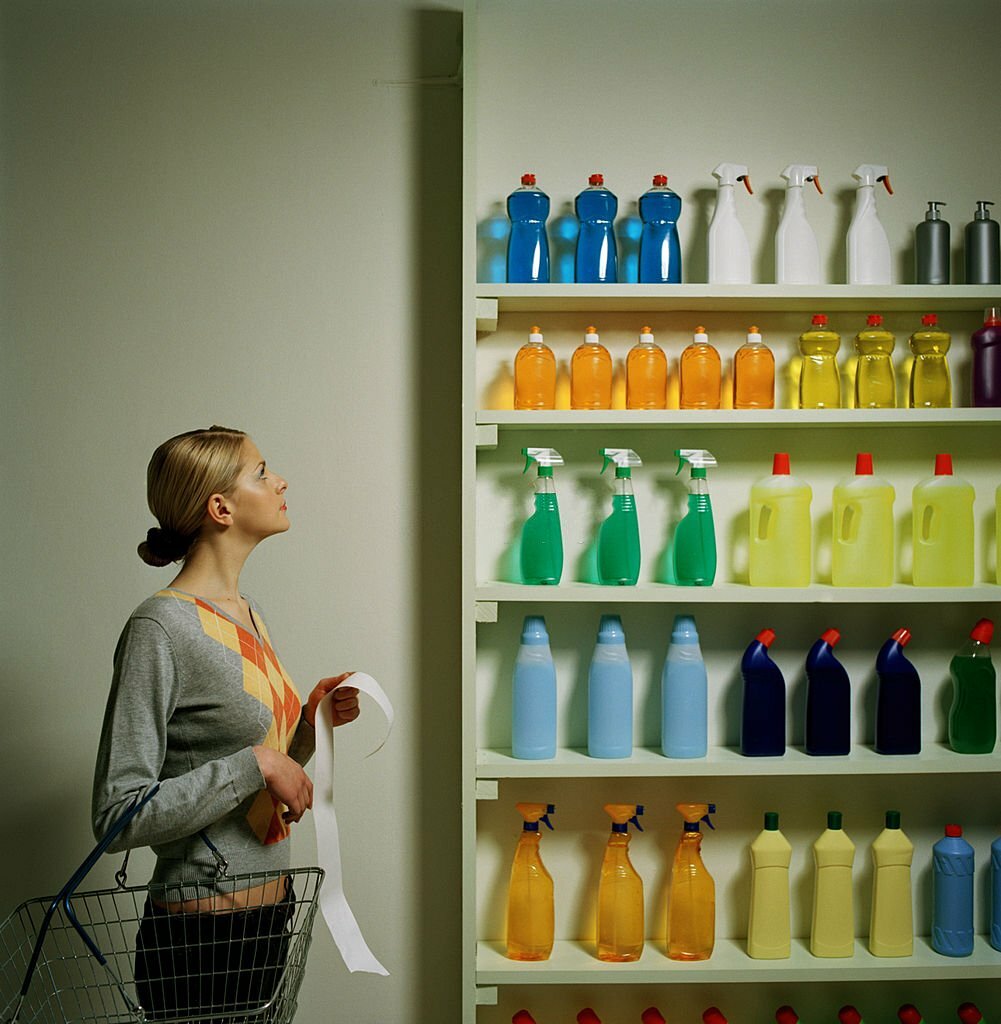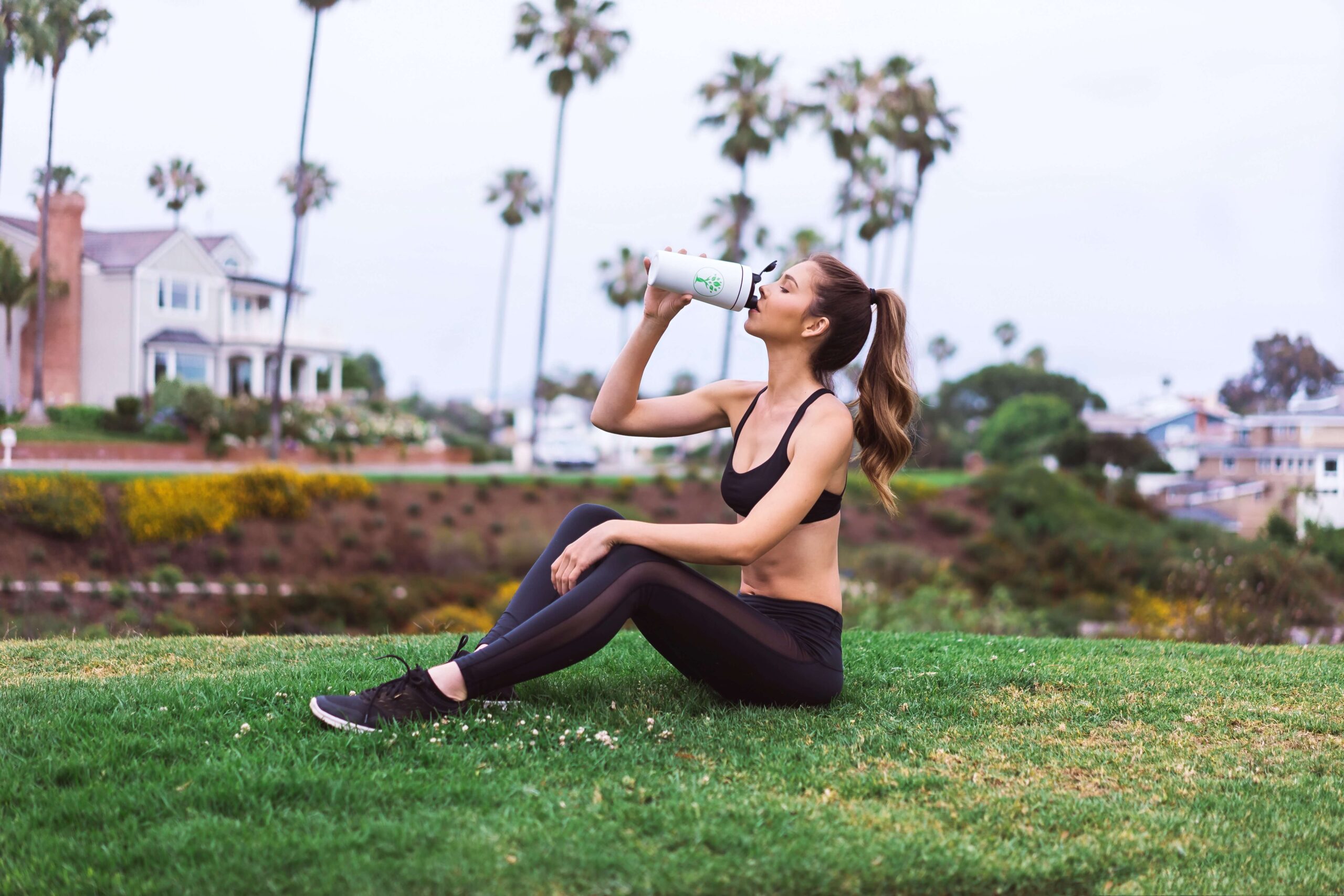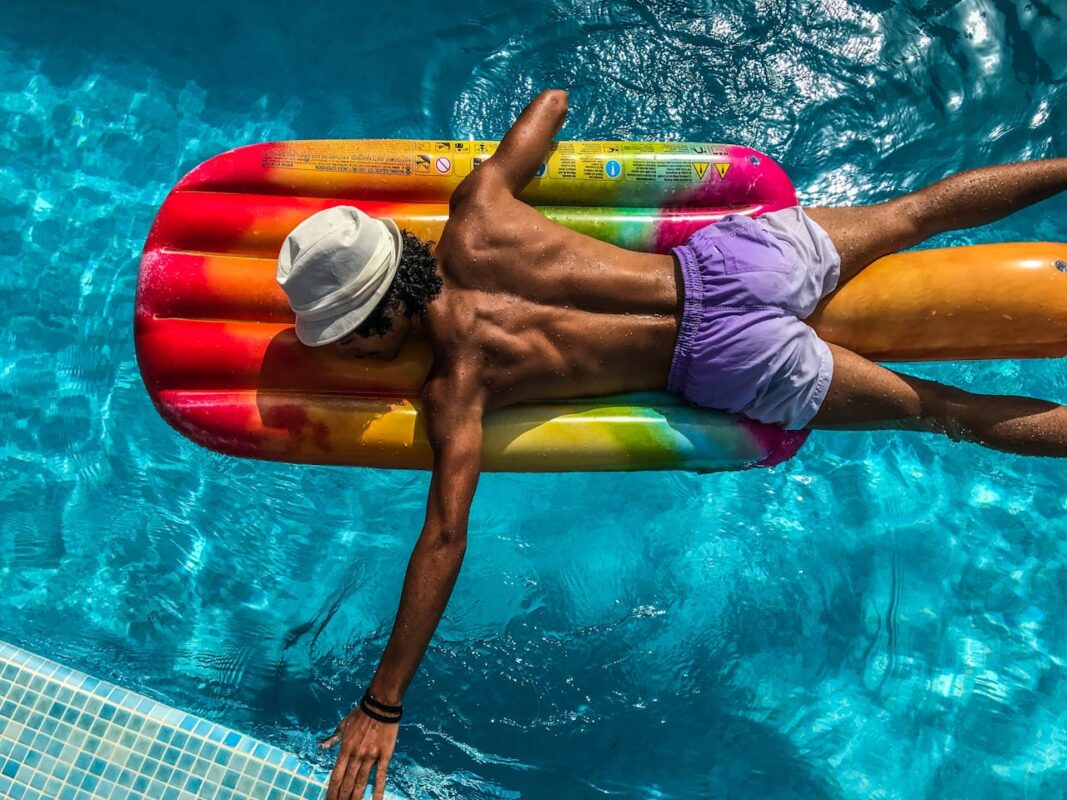As a new fashion company, the first time you look at a clothing manufacturing cost sheet can be pretty scary. There’s a lot of foreign information and data, like;
- Two or three currencies
- Different consumption measures
- Fabric weights
And all you’ll want to know is, “Is this a fair price for my product?”
Costing is the process of estimating and then figuring out the cost of manufacturing clothing garments, including;
- The clothing manufacturing cost estimation of materials
- Labor
- Transportation
- The general costs of running a business
The merchandiser needs to know a lot about pricing. There are many reasons why the cost is so important. The merchandiser does the costing mostly for two reasons: to set the price of the item and to accept the order.
How Much Does It Cost To Manufacture Clothes

The clothing production cost is the sum of all the costs a business has to pay to make a product or provide a service. Production costs usually include the cost of supplies and raw materials used during production as well as the cost of labor.
Different Kinds Of Production Costs
When making a product or providing a certain service, a business may have to pay for more than one thing. Here are some of the most common types of production costs:
-
Variable Costs
Costs that change with the amount of production are variable costs. These costs go up when production goes up and down when production goes down.
-
Fixed Expenses
Fixed costs don’t change with the amount of production, unlike variable costs. These costs stay the same whether there is no production or the business is running at full capacity.
-
Total Cost
The total cost of production includes both variable and fixed costs. This calculation includes all costs that come up when making a product or providing a service.
-
Marginal Cost
It shows how much more it would cost to make one more unit of a product, or how much the total cost would go up.
-
Cost On Average
The average cost is the cost of making one unit or providing one service. There 2 ways to find it:
- By dividing the total production costs by the number of units made
- By adding the average variable and fixed costs.
How To Find Total Manufacturing Cost

The main goal of apparel manufacturers is to make money. So, figuring out how much a product will cost is very important for a business to do well.
Estimating the cost of a factory includes;
- Buying fabrics and accessories
- Processing and finishing the fabrics
- Cutting
- Sewing
- Packing the clothes
- Shipping
- Transportation
- Overhead costs
- Banking fees
- Commissions
- Insurance
And lots of other things list will go on.
The merchandiser in charge of a certain item of apparel factors usually figures out how much it will cost.
So, a merchant needs to know everything about these processes, including;
How much did they cost?
How do they work?
What their benefits are?
What risks do they pose?
The following steps are to figure out how much a garment costs to make in the factory:
-
How To Figure Out The Weight Of A Garment For Any Size
The weight of a garment works out for any one size, which is usually the middle size of all the sizes in an order inquiry.
For example, if there are three sizes (S, M, L). The weight of the M size uses to figure out the total weight. This formula is to figure out how much a garment weighs.
-
How To Figure Out The Cost Per Kg
If the fabric for the order is bought directly from the market, which may be easy to do. The price per kg of the fabric uses as the fabric cost per kg.
If the fabric for the order of clothes is made just for that order, the cost per kg calculates as follows:
Fabric calculator for clothing;
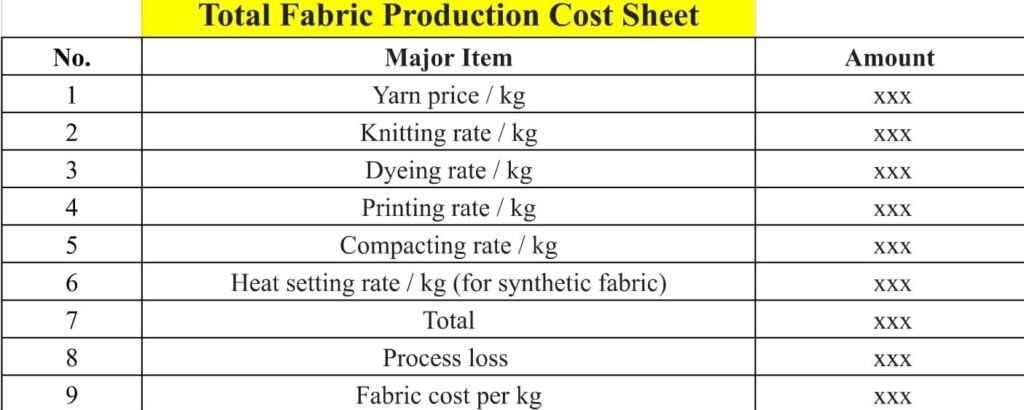
-
Work Out The Cost Of Fabric Per Garment
The cost of fabric price points per garment determines by multiplying the weight of the garment by the cost of fabric per kg.
Cost of fabric per garment = weight of garment times cost of fabric per kilogram
-
The Costing Process For Garments
Here’s how to figure out how much the garment costs:
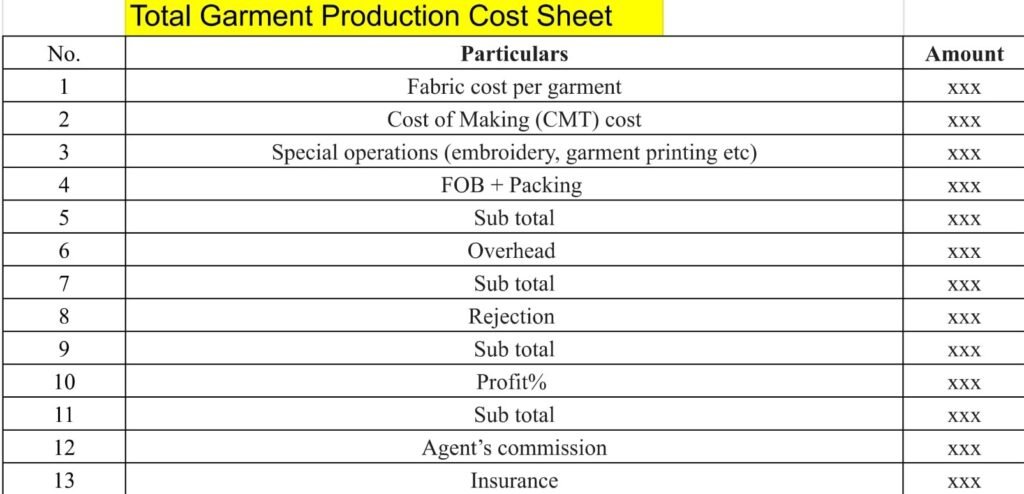
Even though costing is one of the most important and most important jobs in the clothing business. In a simple and general way, the above steps explain how the process works.
How Much Does It Cost To Manufacture Clothing For Profit
Here’s The Formula To Use In The Industry That Is By Far The Most Complicated And Risky.
- 40% COGS (Cost of Goods Sold)
- 20% is for expenses and advertising
- Markup of 40%
A mix of both push and pull initiatives, as well as building brand equity.
- 50% financing from the vendor
- 50% equity or debt at the banker’s cost and terms
If mix and push don’t work, the 40% margin can be “discounted” to meet cash flow needs. This shouldn’t be the norm – the discount function should only be suitable to get rid of extra stock at the end of the season.
If you don’t stock enough, you make it less important that products are always on the shelf. Overstocking is the only way to make sure you have a steady flow of customers and products.
How Can You Know If That Price Is Good For You?

Okay, let’s move on to the next step, how to price clothing for boutiques.
Now you know what costing looks like. You understand you’ve got a cost of clothes per month. So now you have to figure out if that is a good price. So, the only way to do that is to figure it out by looking at the selling price and all the other costs.
So, the cost of freight, duties, etc., as well as all the other costs you’ll have to pay to make, ship, and deliver that item. And make sure you’re getting paid?
So that’s the only way to know if the price you were given is a fair one.
Here are the costs for your fashion brand:
- Duty % (check per product type)
- VAT/Taxes%: Does this apply to you?
- Cost of shipping?
- Any warehouse or storage costs?
- Any labeling/packaging costs?
- Are there any extra costs?
These are suggestions for where you can look to locate the information you need.
How to make a standard costing sheet for clothes that all merchandisers can use. This will save time and make the whole process much easier.
Compare the cost sheets for different brands from different merchandisers and figure out what all the fixed and variable costs are.
- Go to each department and write down the fixed costs, such as the costs of different fabrics, trims, CMT costs, etc.
- Make a list of all fixed costs in a database.
- Variable expenses required manual entry.
- Make a format for range planning that includes a list of all the important information.
- Make a final costing sheet and link it to the range plan. This will connect all three parts.
How Do Figure Out The Profit Margin On Clothing Costing
How much you want to make on each item sold is the profit margin. So, if the cost price of a piece of clothing is $10 and you want your profit margin to be 50%. Which is a pretty standard profit margin clothing manufacturer, then your profit margin would be $5. Your wholesale price would be $15, and your retail price would be about $30.
How to Figure Out the Profit Margin After Selling Clothes
Many stores use these costing methods in manufacturing to figure out their profit margins.
Profit margin = total sales minus (manufacturing costs + operating costs)
The cost of making something includes the cost of raw materials, direct and indirect labor, and overhead costs.
Administrative costs are part of operating costs.
Getting The Profit Margin Before Figuring Out FOB
This is a different way to figure out the profit margin. A huge number of companies use these costing methods in manufacturing to figure out their profit margin.
In this method, the manufacturer adds a margin of a certain percentage to the total cost.
At this point, the average profit margin added is between 10% and 20%. This percentage depends a lot on the final price that the buyer agrees to during the final FOB.
Most of the time, the buyers have a certain FOB they want to reach. But for the manufacturer or exporter to get the order, he or she might have to take pressure on his or her profit margin. So it could go up or down based on how much they cost and how much their labor costs.
How Much Do Clothing Manufacturers Charge Also Keeping In Mind The Quality
Most of the time, the cost of materials is half of the total cost of your product. The cost of direct labor is 20%, while the cost of running the factory is 30%.
Remember that you need to add a markup if you want to make money from your clothes. Also, when it comes to setting prices, clothing companies use different methods.
People do things like buy things or choose products with the best price elasticity. It takes skill, creativity, and an understanding of how things look.
You can design to a fashion price point, but then you lose either sales or profit margin or both. Fashion is about how you look and how good the clothes are, and the profit is in the more expensive items.
It’s about style and how people feel about themselves, so it’s a decision that only people can make. If you let the numbers people run things, style and quality will suffer. If you let the designers make the decisions, the cash flow will be bad. Don’t let the fact that money is easy to get decide anything.
Goods with a high-profit margin need to be made with good materials and well made.
Quality is more important than marketing.
People who buy expensive things have all the time in the world to look for quality. And can tell the difference between marketing and the real deal.
A Few Words On Cost Effectiveness For You Before Concluding
- You need to make sure that the overall collection hits a target margin and not get stuck on those that are under the margin.
- Don’t forget that there will also be items with high margins.
- Use the template for your margin calculator as a worksheet.
- Talk to other people about your final RRP choice to make sure it’s right.
- Give this clothing manufacturing cost sheet to your supplier and write down the prices you want them to follow for the target cost prices.
- Costing can take weeks, so start as soon as possible and keep track of the costs every week.
If you are starting a clothing business and want to find clothing manufacturers for your business. So these costing sheets and pricing guides are a must for you to keep in mind.











